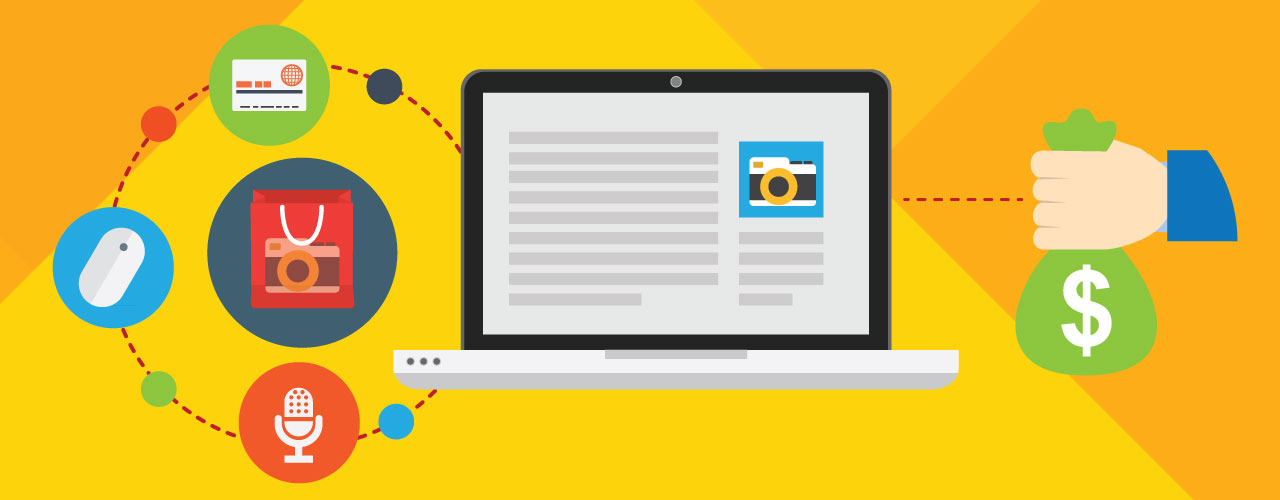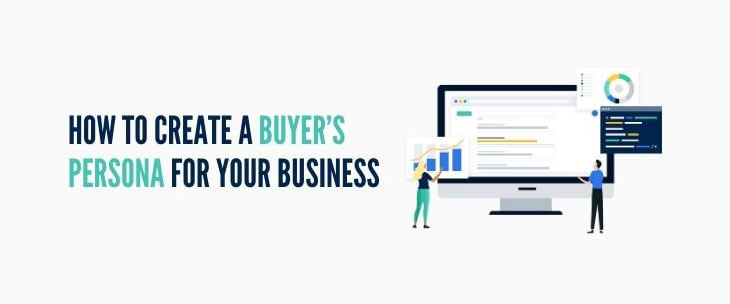You’ve made PPC campaigns a part of your marketing strategy. But, have you considered affiliate marketing? It’s very likely you haven’t.
Affiliate marketing is a marketing system where content producers are given compensation for leading people towards a purchase of your product. This compensation incentive encourages websites to write up and link to the products you are selling.
For instance, say you sell custom whiskey glasses. You can encourage other websites to promote your product by linking to your whiskey glasses by offering a small percentage of every sale that website helped you make.
The Power of Affiliate Marketing
While affiliate marketing is typically not a business’ first approach to online advertising, it is worth considering.
Amazon runs one of the biggest affiliate programs on the Internet, and it’s a huge part of their business strategy. 40% of Amazon’s sales come from their affiliates (people who link to Amazon’s products). If that wasn’t enough to convince you, Forrester Research reports that affiliate marketing was worth $4.1 billion for merchants (including small business owners like many of our clients) in 2014.
For those websites that link to your affiliate links, big money can also be made. Pat Flynn of Smart Affiliate Marketing Strategies reportedly makes $20,000+ a month sharing affiliate links in his blog posts and other content materials. That’s some serious money from a simple link.
If you need other examples of companies who have affiliate programs, here’s a quick list:
- com
- VistaPrint
- Ebay
- WP Engine
- … and many more
Pros of An Affiliate Program
There are tons of benefits to running your own affiliate program. By having your own affiliate program, you are almost outsourcing your sales force. After all, there is great incentive for people like Pat Flynn to get their visitors to click on your link — they want to make commission off of you. Even better, you greatly increase your return on investment because you pay your affiliates nothing unless they actually make a sale for you.
There are a ton of positives to running your own affiliate program – here’s a quick list:
- Controlling ROI/margins. Like mentioned above, you don’t pay out unless you make a sale. It’s that simple. This is a sweet, no-risk deal for small business owners.
- Extending Reach. By utilizing the efforts of other marketers, you are extending your reach to millions of consumers by virtually doing nothing.
- Ease of communications of promotions.
- Obtaining well-qualified leads. If your affiliates are doing a good job, they are only linking to your products in relevant articles. That means the people who are clicking are very interested in your product, again increasing your ROI.
- Extending your brand. Even if no one completes a purchase, you are still driving brand awareness on the cheap.
- You only reward performers. Every website under the sun could feasibly link to your products using an affiliate link. It won’t matter though. Unless those links are on sites relevant to your target audience, they won’t be clicked. Therefore, you will not be paying for leads that were never going to convert.
Of course, just like any advertising strategy, there are some things about running your own affiliate marketing program you should watch out for.
Cons of Affiliate Marketing
Your affiliate marketing program is only going to be as good as your site is at converting the visitors affiliates send. This is very similar to making sure your landing page is well-done so your Google AdWords campaigns convert.
Without a landing page that converts, affiliates will quickly stop linking to your products — especially, if they are sending you lots of valuable leads but no one is making a purchase, you will fall lower on their radar for linking. This will also make your affiliates link to competing affiliates so they can receive more commission.
In short, be ready to commit to great website design if you are going to start an affiliate marketing program. If your site does not have a historically high success rate with selling products online, affiliate marketing may be a wasted effort.
You also have to spend a lot of time managing your affiliate network. Keeping track of all the sites that are linking to you can quickly become unwieldy. And keeping track of sales and ROI can also become a burden.
To resolve this issue, consider going with a third-party affiliate program manager, like our team at Logical Position, to help you with the operations and payment portion of running a successful affiliate program.
Promoting your affiliate program can also be difficult. As affiliate programs grow in popularity, you are competing with other small businesses for the same affiliates. You will likely need to find a way to build personal relationships with your affiliate marketers to stand out from the crowd. You may also have to increase your commission to stay competitive — quickly impacting your ROI.
While affiliate marketing can seem a bit cumbersome at first, it can be a powerful and incentive-driven way to increase the sales of your products. It also never hurts to diversify your marketing strategies.
Regardless of whether or not you choose to become an affiliate marketer, make sure you do the research and have what it takes to be successful. There is a lot to know, so consider this article just a start to a possibly very profitable journey. Ask your Logical Position account manager how to expand your business’ reach with an Affiliate Marketing program.

Logical Position, an Inc. 500 digital agency supporting 5,000+ clients across North America. LP is the proud recipient of Google’s Lead Generation Premier Partner of the Year and Microsoft's Global Channel Partner of the Year 2024! The award-winning agency offers full-service PPC management, SEO, Paid Social, Amazon and Creative Services for businesses large and small. As a Google Premier Partner, Microsoft Elite Partner & Meta Business Partner, LP is in the top 1% of ad spend managed across platforms.



